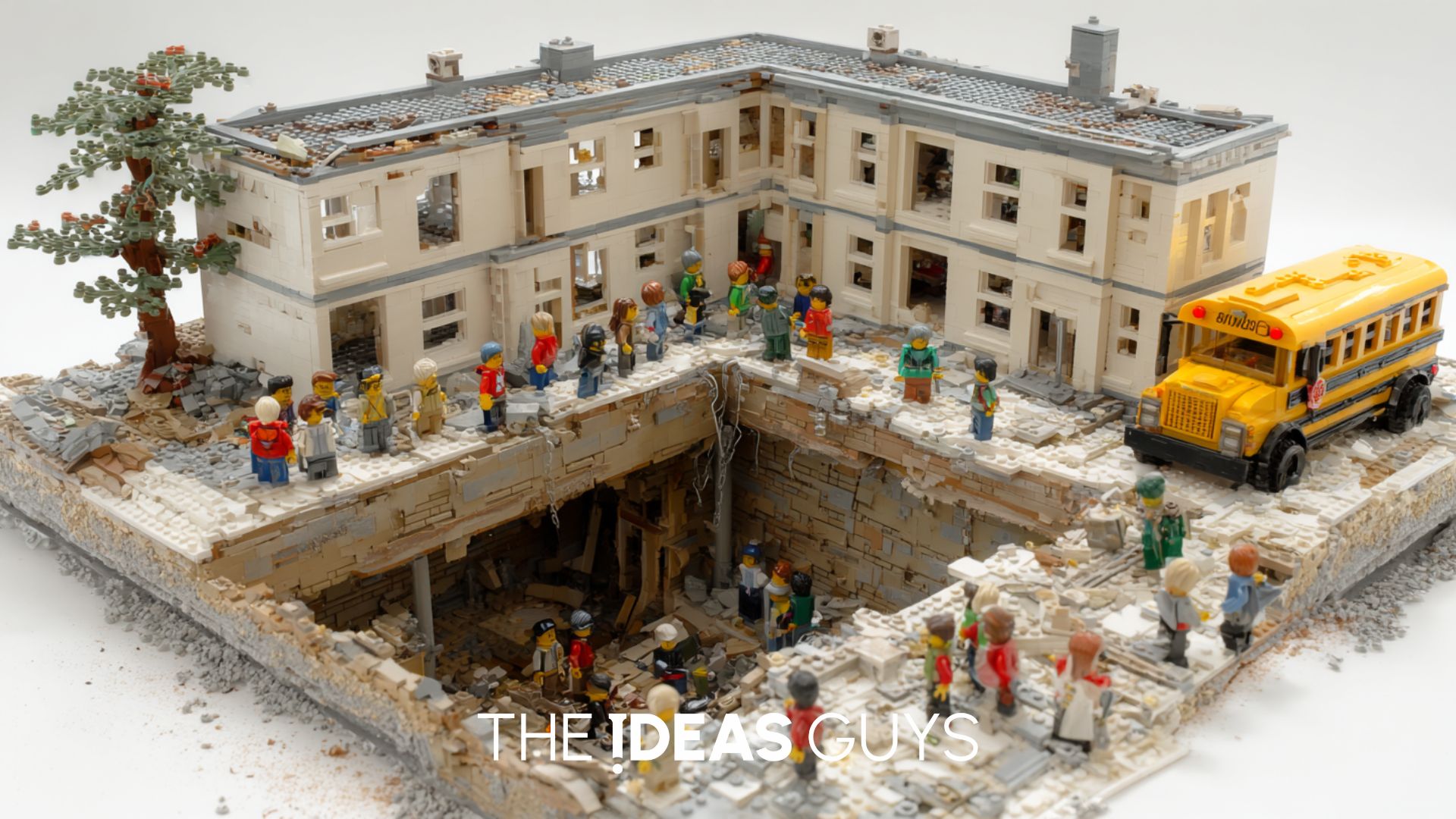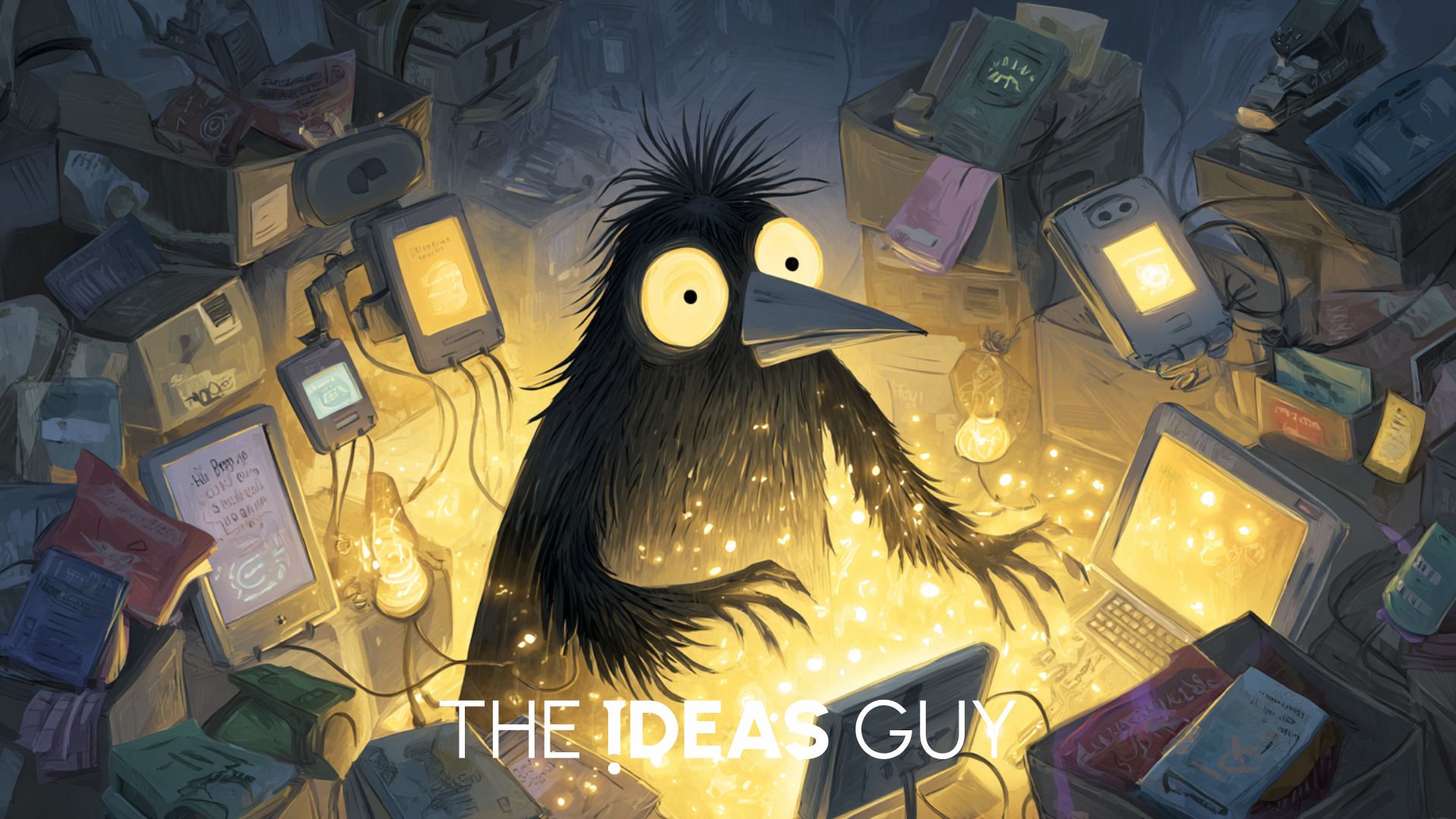I recently wrote a piece on LinkedIn about life being a lot like jazz. I said I thought the principles of jazz relate directly to education and that I had a few thoughts about this so this is my best attempt on a cold January afternoon. It's not fully formed so I would definitely love your thoughts.

Just as jazz musicians master the basics before they improvise, in education, there's an essential groundwork of knowledge and skills that students need to learn. This foundational learning is akin to the scales in music – necessary, structured, and somewhat predictable. But the true magic of learning, much like in jazz, happens when students step beyond these basics and begin to improvise.
I think the issue has been agreement about what is foundational learning. Much has been written (and spoken) about whether a rudimentary understanding of Latin conjugation or the features of a V-shaped valley really has an impact on students' lives. There is a lot of argument as to whether the prescriptive nature of modern curricula is necessary. I would suggest (no surprise to anyone reading this I wouldn't have thought!) that much of what is deemed important is less so.
We need to allow more space for improvisation.
Improvisation could mean encouraging students to explore topics that pique their curiosity, even if they stray from the standard curriculum. It's about fostering an environment where creative thinking and innovative problem-solving are valued over rote memorisation (there it is again). When students are given the freedom to explore and experiment, they often stumble upon new ideas and concepts, much like a jazz musician discovering a new melody.
Educators can introduce elements of surprise and exploration in their teaching. This could be as simple as altering the classroom layout, using different teaching media, or introducing unexpected topics that can spur interest and engagement. It could also be encouraging the Montessori discovery methodology (we chatted with Gavin McCormack on the Edufuturists podcast about this very thing not too long ago.)
In this way, education becomes a dynamic and evolving journey, not just for the students but for the teachers as well. It's about creating a learning environment where the unexpected is not just accepted but welcomed, as these are the moments that often lead to the deepest learning and most memorable experiences.
As we saw in that LinkedIn post, Miles Davis said, "Jazz is the big brother of Revolution. Revolution follows it around." Just as jazz broke musical norms and revolutionised music, education needs to break free from its traditional shackles to truly innovate.
This means stepping away from standardised high-stakes tests and rigid curricula, moving towards a more holistic and flexible approach to education. It's about recognising that each student, like a jazz musician, has a unique style and pace of learning. The role of educators is similar to that of a jazz band leader, guiding and facilitating, but also allowing each student to solo and shine in their own time and way.
Life experiences, viewed through the lens of jazz, provide a rich metaphor for an educational philosophy that values flexibility, creativity, and spontaneity as much as it does structure and routine. It's about finding the balance between the two, allowing for a more vibrant, engaging, and effective approach to learning. This jazz-like approach to education could be the key to nurturing more innovative, adaptable, and passionate learners, ready to face the ever-changing melodies of life.

For me, the foundational elements likened to the building blocks in music before we get jazzy, might look like this:
1. Reading and Writing (Education) ↔ Scales and Arpeggios (Music):
Just as scales and arpeggios are the basics of musical language, reading and writing are fundamental to literacy. They form the backbone of communication and learning across various subjects. As you'd imagine, there is a lot to be said here beyond just regurgitation of 18th century literature or Shakespearean sonnets, valuable though they may be. I also want to point out the need for oracy not just literacy development (and that is very much linked to jazz).
2. Basic Arithmetic (Education) ↔ Basic Rhythm and Time Signatures (Music): Understanding basic arithmetic is akin to grasping rhythm and time signatures in music. Both involve patterns, sequences, and an understanding of how different elements combine to create a cohesive whole. I do like the idea of learning rhythms in education more broadly than mathematical patterns too. Perhaps a focus of a future newsletter...
3. Critical Thinking (Education) ↔ Ear Training (Music): Ear training in music develops the ability to identify pitches, intervals, melody, and harmony by ear, similar to how critical thinking in education fosters the ability to analyse, evaluate, and create new ideas. This is so important as you'd imagine with my emphasis on IDEAS.
4. Scientific Method (Education) ↔ Music Theory (Music): With its emphasis on observation, hypothesis, experimentation, and conclusion, the scientific method parallels music theory, where one learns the rules and structures that govern the composition of music. There is a place for structure and it is within boundaries that we understand how things work, in order to break them!
5. Historical and Cultural Context (Education) ↔ Music History and Genres (Music): Understanding the context of different subjects in education is similar to studying various music genres and their historical development, providing a deeper appreciation and comprehension of the field. I am a huge proponent of learning in context: why do we do this and why does this work the way it does, rather than just regurgitation of facts. It's probably because I asked why too much as a kid too!
These educational foundations, like their musical counterparts, provide the necessary groundwork upon which more complex and creative learning and performance can be built.
Some questions then to ponder when it comes to the jazzification of education.
- How can the principles of improvisation be applied to encourage creative thinking and problem-solving with students?
- In what ways can educators incorporate spontaneity and flexibility into their teaching methods?
- What role does collaboration play in a jazz-inspired educational model, and how can it enhance student learning experiences?
- How can the balance between structured learning and improvisational exploration be achieved in a classroom setting?
- What are the potential benefits and challenges of adopting a more jazz-like, less rigid curriculum in schools?
- How can we assess student learning and progress in an education system that values improvisation and creativity over traditional testing methods?
- What strategies can teachers use to foster an environment where students feel comfortable taking risks and making mistakes, much like in jazz improvisation? (Just like Alex Hermozi talks about consistently!)
- How can the concept of a jazz ensemble be mirrored in the classroom to promote cooperative learning and peer-to-peer interaction?
- How can the integration of diverse musical influences in jazz serve as a model for incorporating multicultural perspectives in education?
So, let's break out the Miles Davis, Ella Fitzgerald and Duke Ellington in all of us and get jazzy.
Further Reading
Discover more interesting articles here.
.png)



